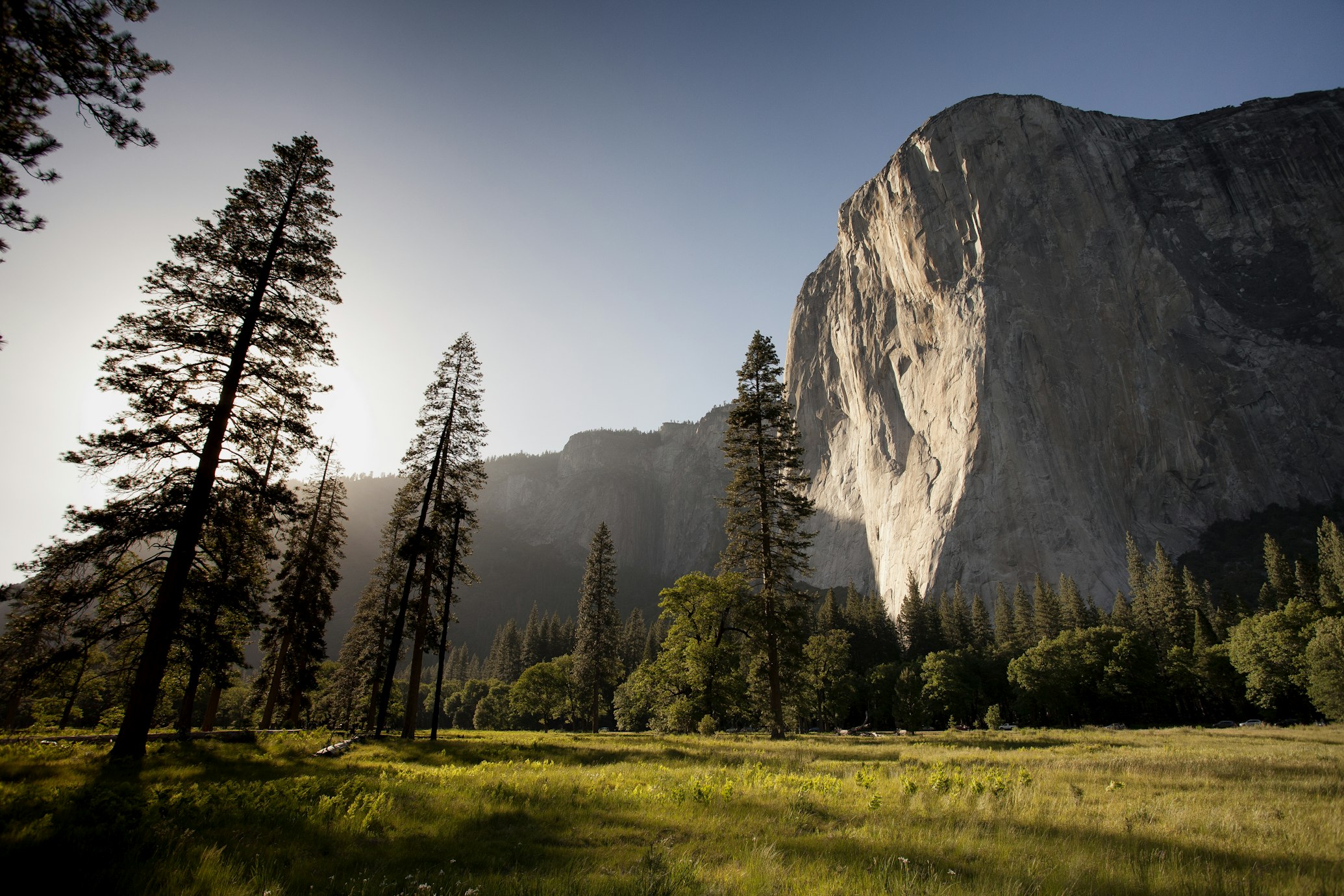Why Indigenous-Led Conservation Matters
Wednesday, February 15, 2023 10:36:55 AM America/Los_Angeles
With earth-friendly products hitting the shelves and sustainability efforts being all the rage, it’s easy to overlook the primary stewards of the earth. Indigenous communities have long been working to protect and sustain the planet, but they’re often absent from conversations about conservation. Did you know that even though indigenous peoples only make up 6% of the population, they safeguard 80% of the world’s biodiversity? Indigenous-led conservation provides important clues for how and why they’ve been able to contribute to the land in ways that reach far beyond their communities.
Photo by Adam Kool
Understanding Ecosystems
Acute knowledge of native plants and resources allows indigenous and local communities to farm more sustainably. For instance, combining wild plants among non-native species allows these gardens to attract and support a wide range of wildlife. And a thorough understanding of the water supply – unique weather patterns, usable waterways, and seasonal challenges – means that these gardens or farms are being planted in a way that optimizes resources rather than drains their surrounding ecosystems. Traditional approaches to living and farming adapt to their regions rather than importing resources, which only increases carbon footprints that worsen climate change.
Appreciating Biodiversity
In addition to understanding the importance of biodiversity, indigenous communities see humans as just one part of these diverse ecosystems and not as the be-all and end-all of the planet. But biodiversity doesn’t stop at the garden’s edges. Farming that sustains biodiversity extends to the kitchen and beyond. Relying on native crops for staple foods and diversifying diets is just another way that daily life in indigenous communities contributes to biodiversity.
Respecting Nature’s Different Roles
Indigenous and local communities understand that the environment has multiple functions beyond its role as a resource for humans. Acknowledging nature’s multi-faceted purpose leads to a holistic approach to conservation that isn’t just about preserving those resources, but also about sustaining the natural world in its entirety.
Some studies have shown that maintaining biodiversity is impossible without indigenous knowledge and methods. Yet, this becomes more and more challenging as land is continually taken away from indigenous peoples. Amplifying indigenous voices and efforts goes beyond improved sustainability efforts – honoring indigenous approaches to conservation also acknowledges that sustainability and land justice are heavily intertwined.
Bark Potty partners with 1% for the Planet to donate 1% of our sales to One Tree Planted. 1% for the Planet is a network of businesses that have committed to taking responsibility for the environmental impacts of their various industries. 1% for the Planet encourages businesses to practice corporate responsibility by facilitating donations to grassroots environmental organizations such as One Tree Planted. Each Bark Potty purchase you make further supports our collective efforts to reduce the ecological footprint that humans have left on the environment!
